This summer sees the return of long-haul vacations everywhere, a post-Covid fallout. But is this phenomenon compatible with ecological concerns?
Text: Bernard Pichon
We all remember the big questions raised at the height of the pandemic: what will the “world after” be like? Will we see a return to mass tourism and low-cost hop-on-hop-off to Barcelona or Amsterdam… or will we see a greater awareness of climate issues? English-speaking McKinsey & Company put forward the term “revenge travel”…
Between 2020 and 2022, many holidaymakers were forced to cancel or radically alter their plans. Deprived of planes or ocean liners, tourists preferred to travel close to home, by train or car. A large part of the vacation rental market fared much better than hotels.
The pandemic context has encouraged savings. Today, these savings are allowing long-haul flights and cruises to make a comeback, despite rising fares.
The World Tourism Organization (UNWTO) predicts that there will be more than 900 million international tourists in 2022: twice as many as in 2021, but still 63% below pre-pandemic levels. At present, most airlines are fully booked, even if this is due – in part – to downsizing.
To agencies
Back in January, Stéphane Jayet, vice-president of the Swiss Travel Federation, noted “enormous demand for Japan and Australia”, while Jacqueline Ulrich, co-director of the Fribourg agency L’esprit du voyage, pointed to “a rush to Thailand, Mauritius and Majorca”.
“In 2020, many of our customers had opened a file that was put on hold until this year. So they’re resuming their project, but specifying – if it’s a very distant destination – that it’s likely to be their last long-haul trip, so as not to add to their carbon footprint,” notes Valbone Hoxha, of Atelier du Voyage, Lausanne. “They are prepared to pay a little more for a direct flight, aware that the alternative with stopover(s) generates more pollution. Some offset their emissions financially via dedicated foundations.” At Vaud-based Départ Voyages, Stéphanie Degallier observes “a real craze among customers to go back and treat themselves to beautiful getaway projects. There’s a real ecological approach on the part of our hotel and transport partners. On the other hand, from her customers’ point of view, the manager has not (yet?) noticed a clear interest in offers that emphasize these orientations.
Finally, Manuel Chablais – director of Ailes, in Estavayer, and a militant environmentalist – notes a certain disenchantment with low-cost travel among his customers, in favor of more ambitious but rarer trips, sometimes even planned years in advance. To combat overtourism, he would like to see the introduction of ration coupons, rather like those introduced during the war. Utopian?
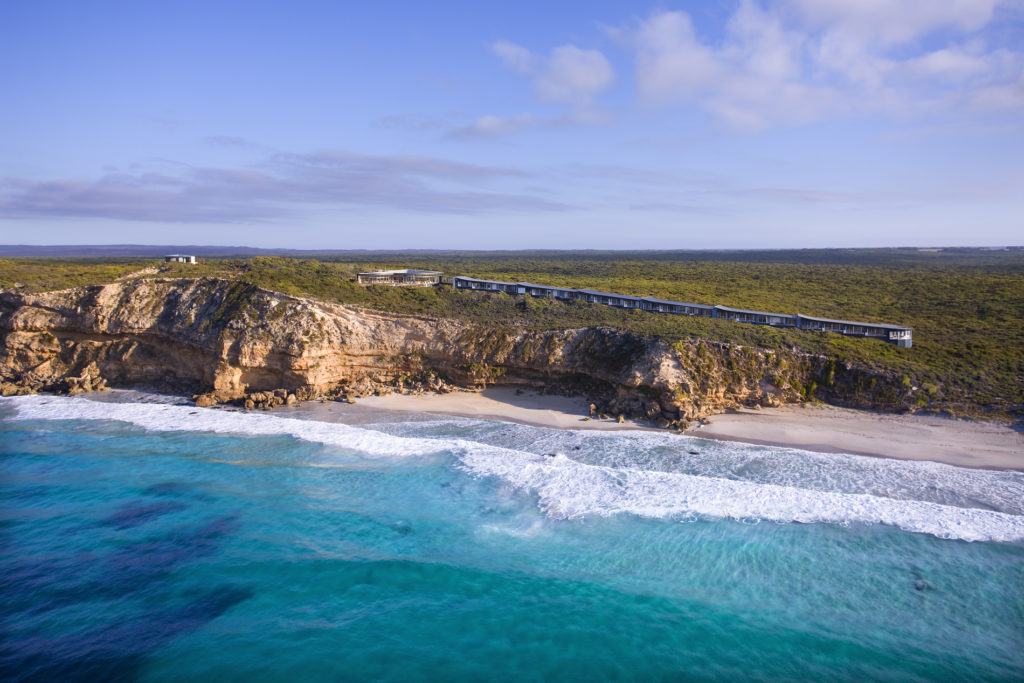
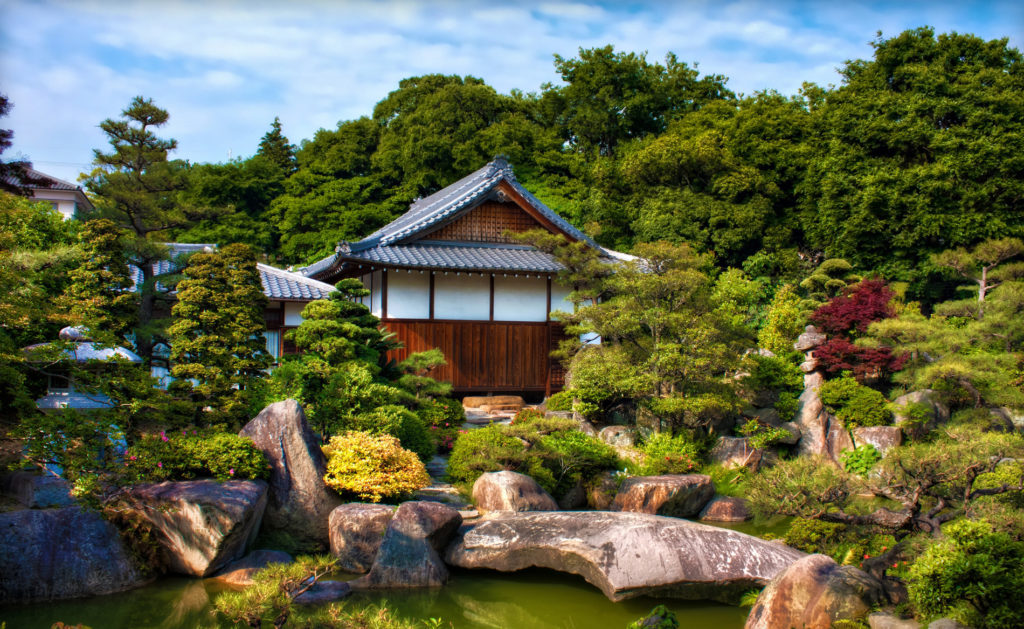
Know your impact
The CO2 equivalent is a unit of measurement that compares the impact of different greenhouse gases on the environment and aggregates them into a single unit. Option Way – a French technology company – launched a carbon emissions calculator in January 2022 to help travelers choose the least polluting flights. This organization has observed a surplus of around 30% in CO2 emissions that could have been avoided if users had chosen the most environmentally-friendly airline offer. The carbon emissions calculator takes into account numerous parameters such as aircraft type, engine model, distance traveled, number of stopovers, class of travel, on-board load factor, etc. It is always possible to purchase “carbon credits” corresponding to the volume of CO2 emitted during the flight.
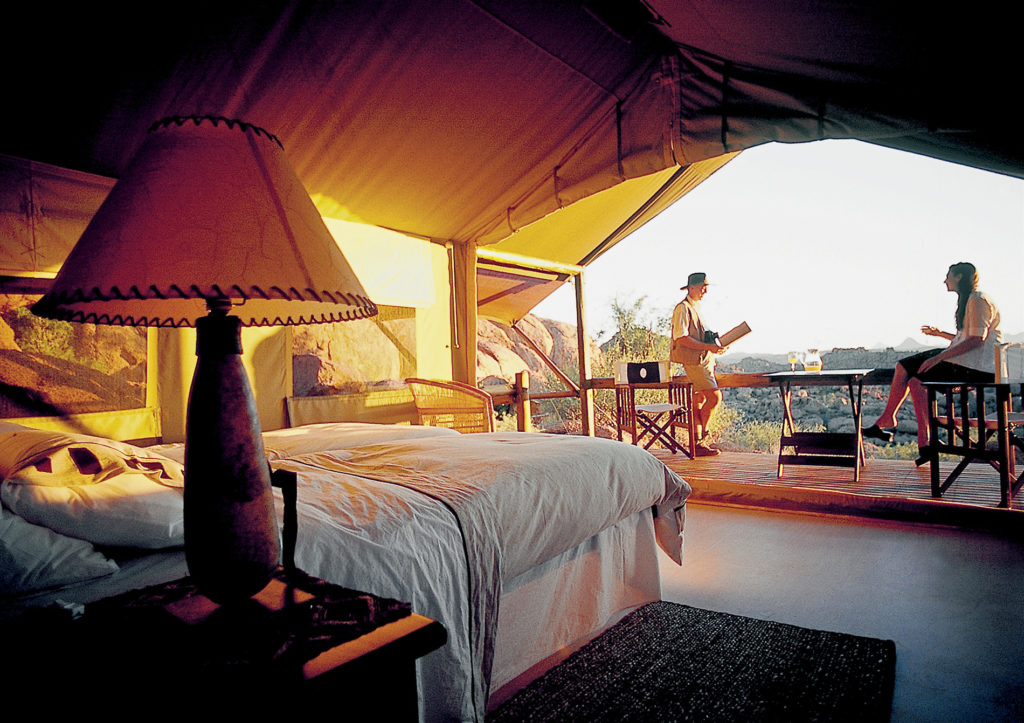
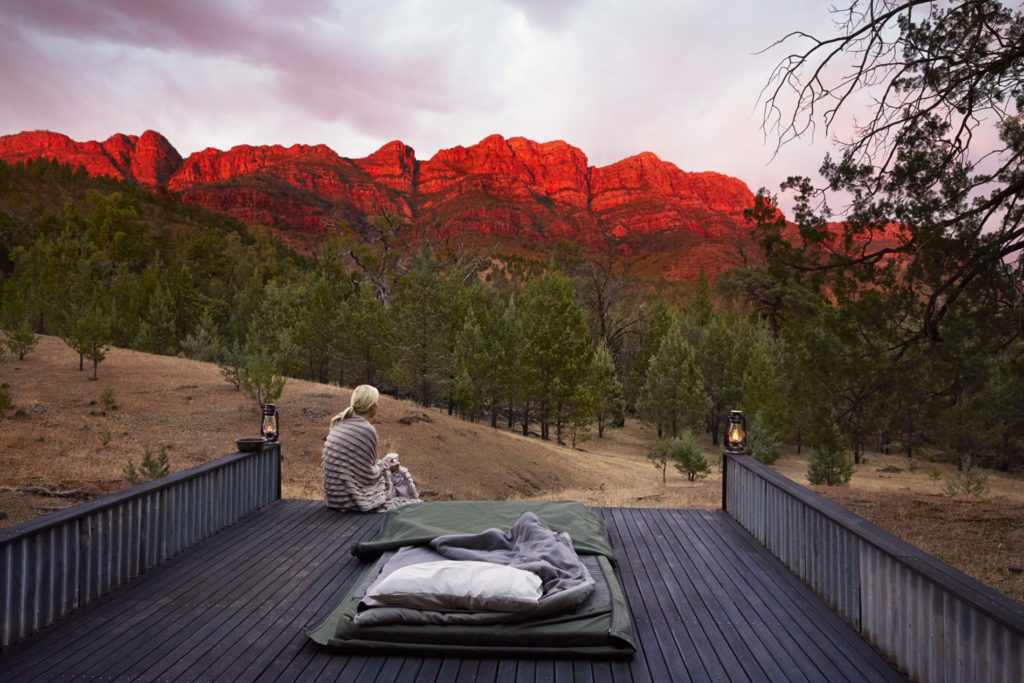
Less but better
Over-consumption is countered by a minimalist approach. The focus is on the small, the unusual, the unique, the exclusive… But not on saving time, since slow tourism advocates traveling more slowly, more consciously, to better immerse oneself in the experiences. Forget the countries you’ve already visited, the boxes you have to tick on a list, the race for passport stamps. In parallel with this concept, the disappearance of species and environmental degradation have led to the emergence of emergency tourism, which involves visiting a site before it is permanently altered. Cruises to the polar regions meet this demand, as does urbex exploration: the unauthorized – and usually non-profit-making – visit of abandoned or derelict sites that need to be kept secret to protect them from breakers or thieves.
Finally, and more marginally, some holidaymakers aim to remedy the perverse effects of overtourism by focusing on a triple relationship: with themselves, with others and with the environment. This mindfulness approach has its origins in Buddhist meditation practices. It implies being fully present to feel the sensations experienced, making more thoughtful choices – in terms of food, for example – taking an interest in yoga or learning more about local cultures. And, of course, it means disconnecting from the Web and its messaging services.
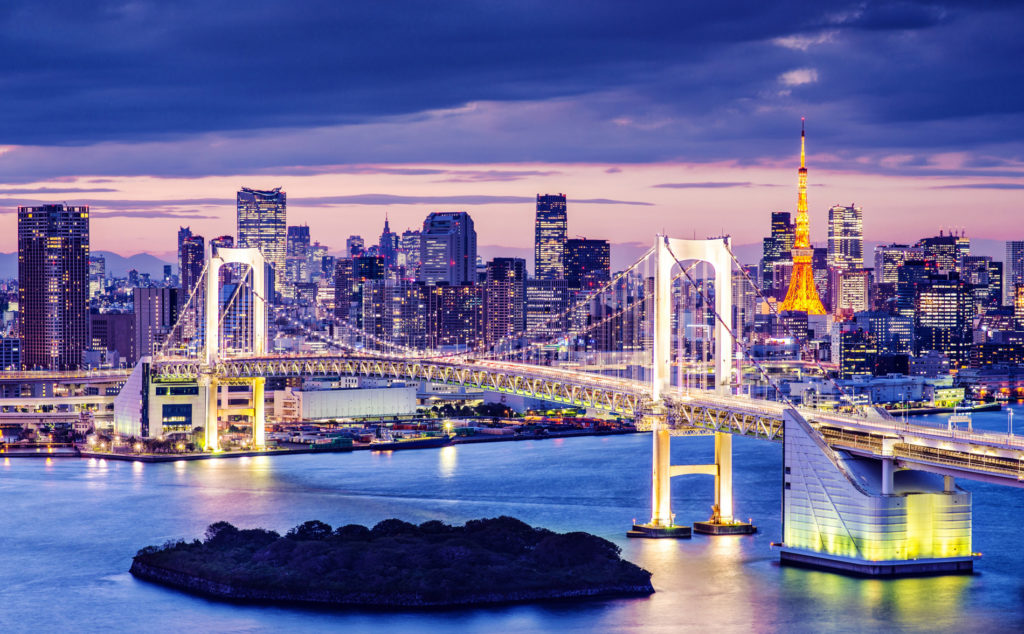
Home stay
All-inclusive packages with charters have considerably democratized vacations, enabling many people to travel, but the large hotel structures involved have often distorted the landscape without really benefiting the local population. The alternative: homestay, or Bed & Breakfast, lets you share in the daily life of the locals. The concept already existed before the invention of the hotel industry. If it seems to be enjoying a new lease of life, it’s because it often proves advantageous. In Cuba, for example, the cost of accommodation can be cut almost in half (in France, by contrast, the price of B&Bs varies considerably, sometimes reaching the same level as hotels). In principle, the money goes back to the host families, without fattening up middlemen. But it’s not just a question of economics. Doesn’t immersing yourself in a country “from the inside” give you a better chance of understanding and getting to know it?
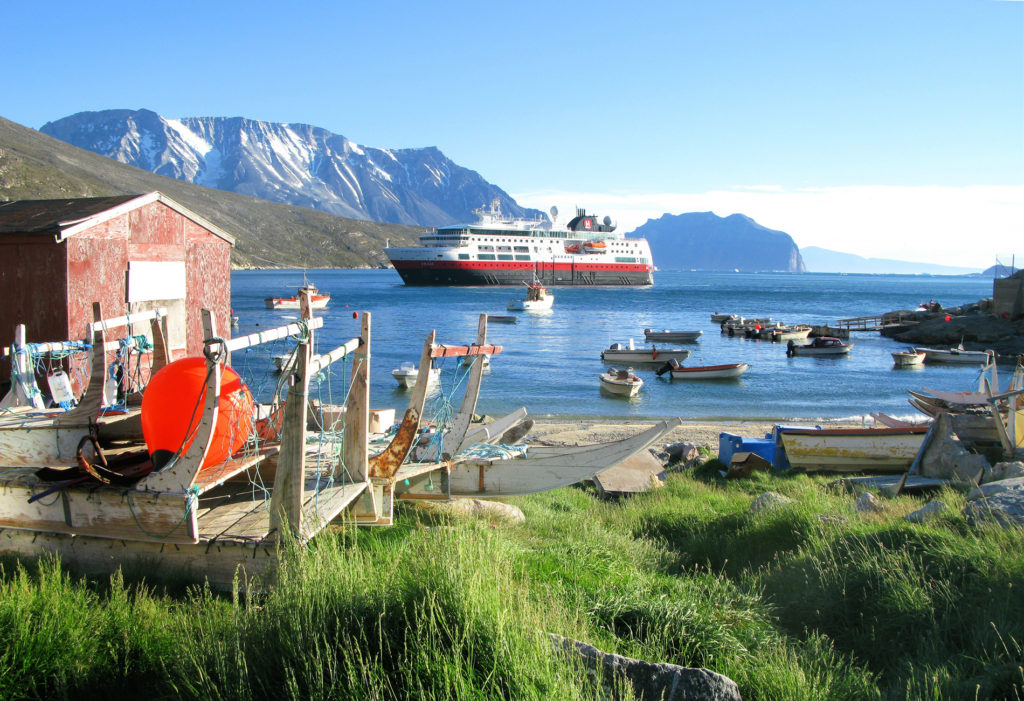
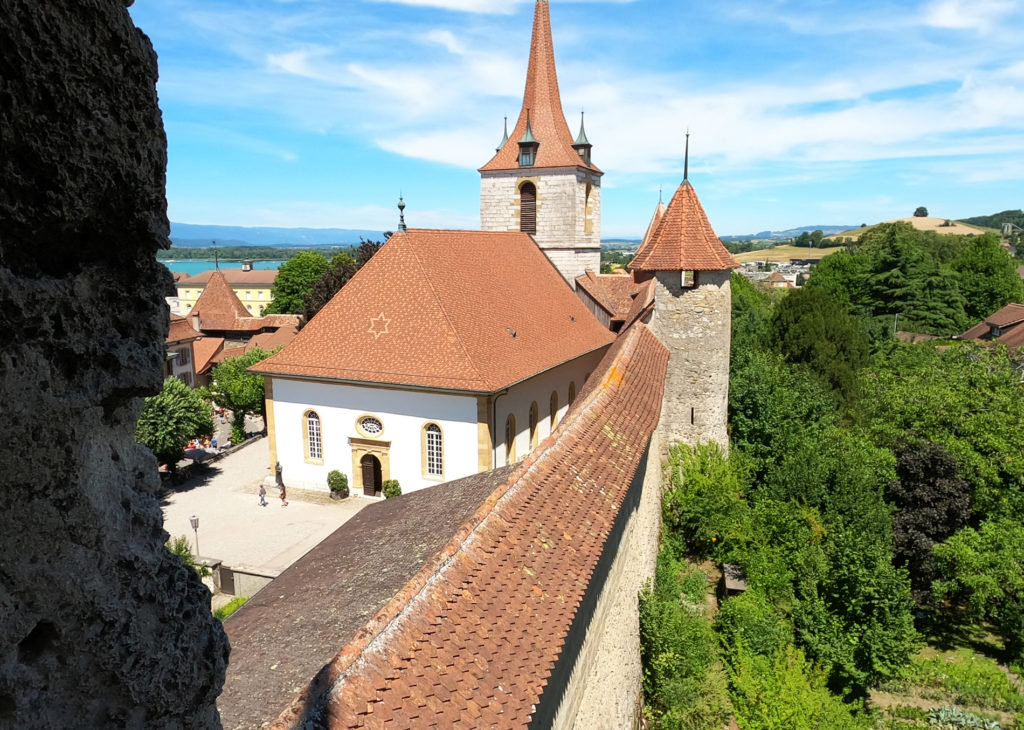
Awards
At the same time, the UNWTO designates the “best tourist villages”. Last year, the institution singled out 32 destinations in 18 countries, offering visitors a different way of life, closer to the land.
Two of the chosen villages are Swiss: Andermatt and Murten. The former boasts a wide variety of alpine flora and fauna, lakes, streams, springs and unspoilt mountain scenery. The latter is famous for its protective ramparts, so well preserved that you can still walk along them. They offer visitors a bird’s-eye view of the roofs of the old town and the lake.

